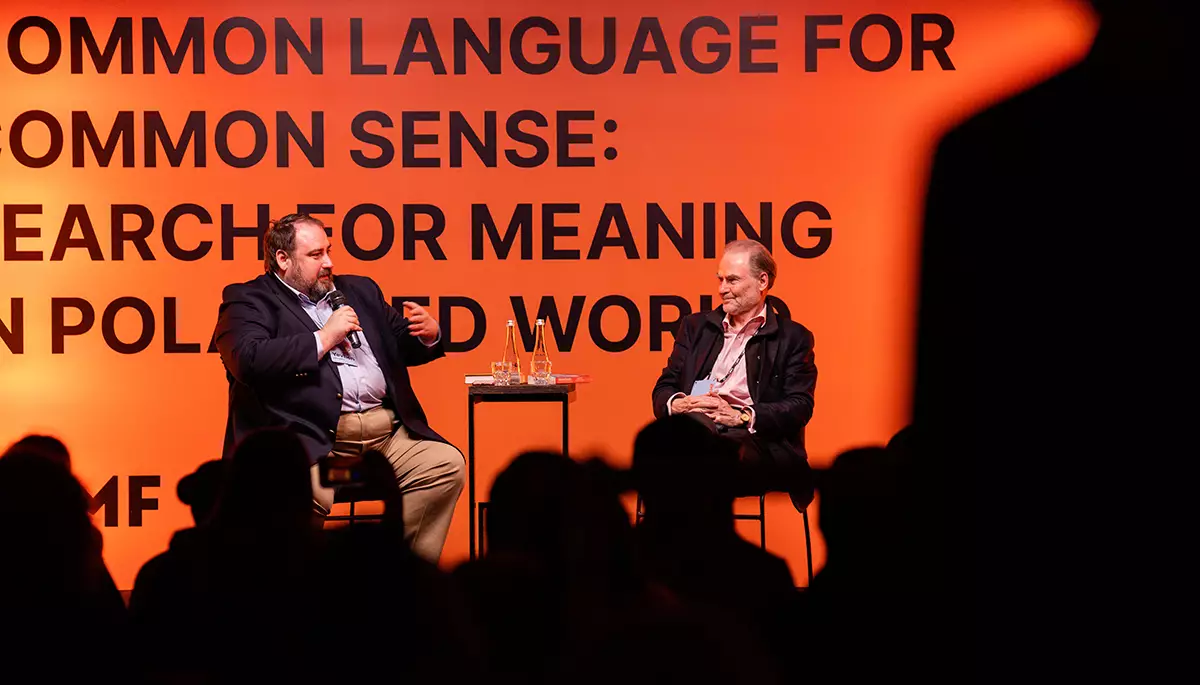Українською читайте тут.
The X Lviv Media Forum hosted a discussion on «Common Ground for Common Good: What Ukraine and the World Need to Agree on to Achieve Victory,» during which British historian Timothy Garton Ash and Director of the Frontier Institute Yevhen Hlibovytsky shared their views on this issue. Detector Media publishes the main points of the discussion.
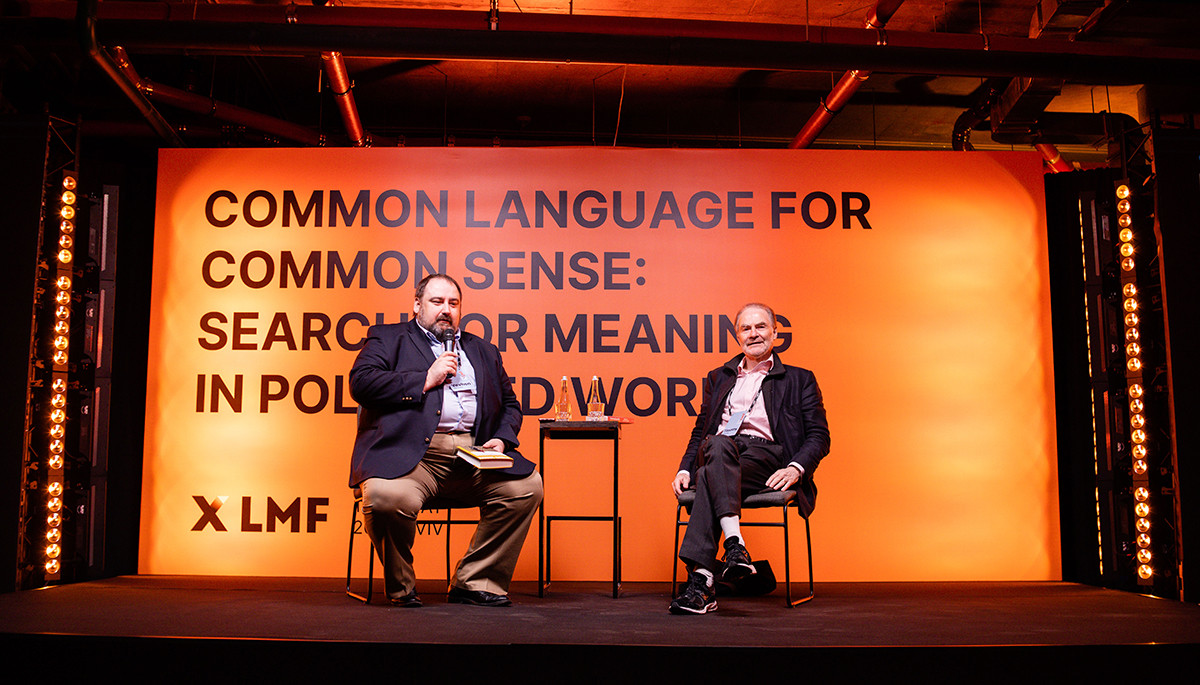
Yevhen Hlibovytsky began the discussion by confessing that he is a bookaholic and praising Ash's "Native Lands. The History of Europe through Personal Perception":
“I got this book yesterday. It's authored by our distinguished guest, Timothy Garton Ash. I found myself falling asleep at 4 o'clock in the morning, around page 300 or something like that. This is as much of a book as water for a thirsty person. I urge you to buy this book and read it. Also, Timothy Garden Ash has donated all the proceeds from this book to Ukraine's army.”
Yevhen's first question to Timothy was about what Ukrainians don't understand about their partners and why they can't get their message across in an understood way.
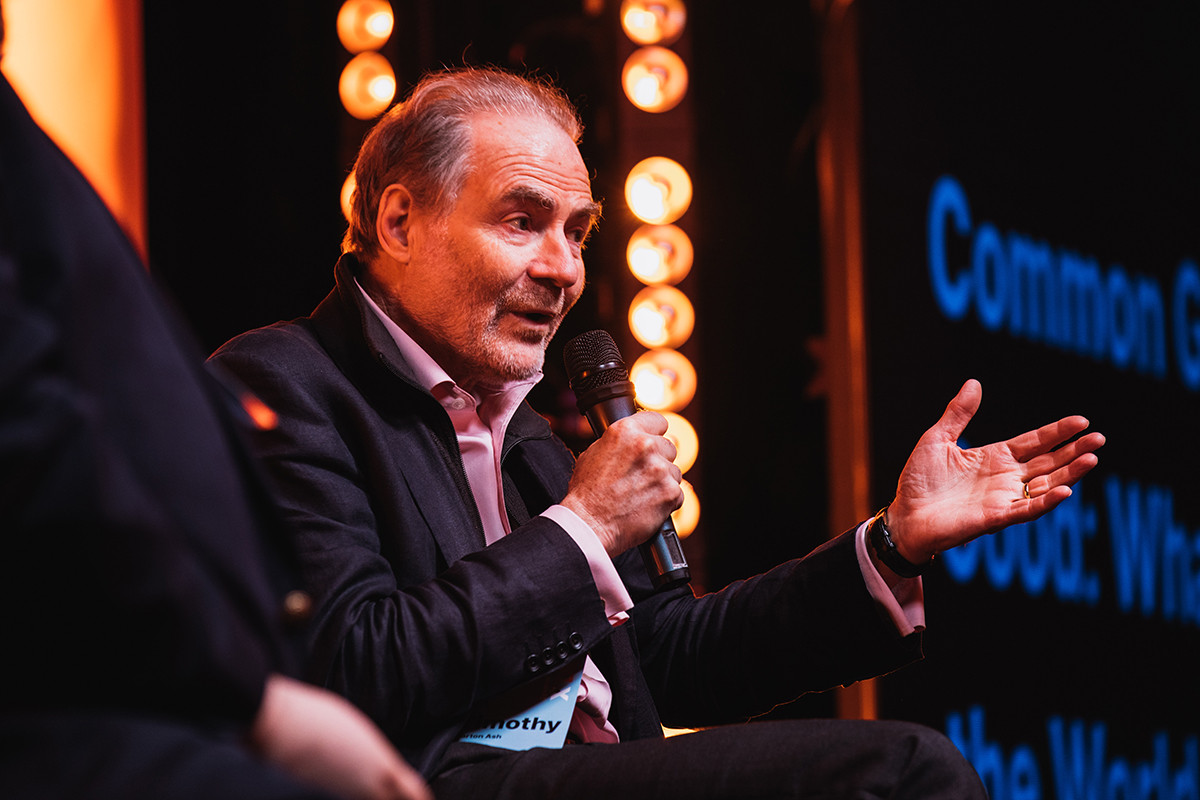
“It's great to be back in Ukraine. I'm here for the fifth time since the beginning of the full-scale war. By the way, this book starts with a big war in Europe and ends with a big war in Europe,” Timothy Garton Ash began.
“I argue in the book that there's a period that I call the post-Wall period, the period that starts with the fall of the Berlin Wall on November 9, 1989, and ends on February 24, 2022. And that that's roughly divided into two halves. The first half is a period of an extraordinary spread of freedom and democracy, the enlargement of the EU and NATO, even to the Baltic states — something absolutely unthinkable at the beginning of 1989.
But then, from 2008 onwards, from the global financial crisis and Putin’s seizure of two chunks of Georgia in 2008, we have what I call the downward turn. We have a cascade of crises which goes all the way down to the 24 February 2022 and the beginning of the largest war in Europe since 1945,” he explained.
Then Timothy answered Yevhen's question about what we don't understand about Europeans:
“I'm not sure that there's all that much you don't understand about the Western partners. I think it’s more a question of what they don’t understand. What many people in the West still don’t understand is that we are in a new period of European history. The postwar period is over.”
Garton Ash says that half of Ukraine’s partners, including the US and German governments, don’t understand that Ukraine needs to achieve victory:
“Too many of our leaders, including the Biden administration and the Sholtz government in Germany, are still in the position of “We want Russia not to win and Ukraine not to lose,” but not saying clearly, “We need Ukraine to win.”
Not losing means losing. I don't know any football team that has gone into a game saying, “Our objective in this game is not to lose,” and has then won.”
What keeps Biden and Scholz away from accepting the idea of Russia's defeat and Ukraine's victory?
“Joe Biden’s formative experience was the Cold War. From the very start, his message to Jake Sullivan was, don’t get me into the Third World War. So, I think, in his case, it’s a fear of escalation, fundamentally of getting into a war with Russia.
Scholz is a more complicated case. Scholz’s formative experience was the big peace demo in Bonn against the deployment of cruise and Pershing missiles, NATO missiles, in the early 1980s. So he's shaped by a certain particularly social democrat notion of peace and the peace movement. He actually gave a speech in East Germany in 1987, saying peace can no longer be secured by military means. And then, of course, he's a guy of the economy and finance. So, nothing at all has prepared him for being a leader in wartime.”
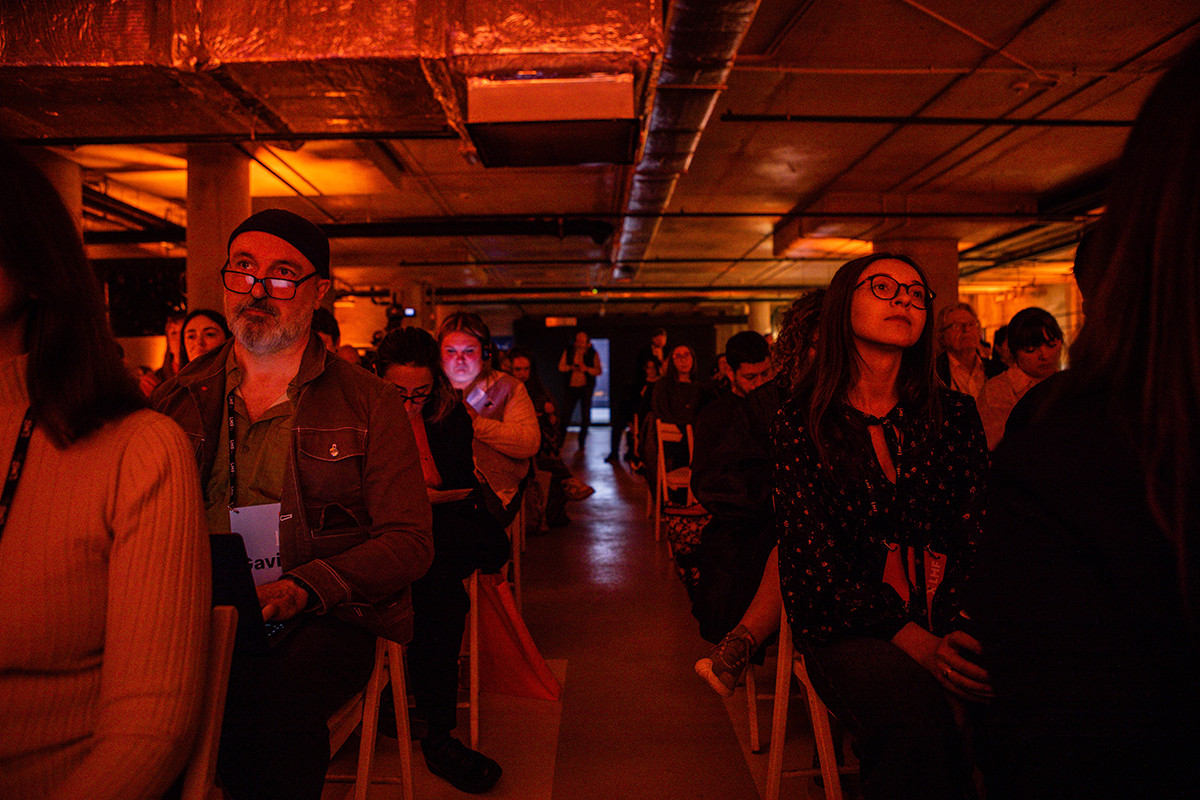
Timothy Garton Ash also notes that the comparison between Zelenskyy and Scholz is really interesting.
“Zelenskyy was not a brilliant peacetime president, but he's been a fantastic wartime leader, particularly in the communication with the West. Scholz would have been a perfectly good peacetime chancellor, possibly even quite a good one, but he's completely hopeless in wartime because he just doesn't understand it. He just doesn't get it that in war you have to act faster, more decisively, you have to be bolder, you have to be braver, you have to speak differently.
I'll give you a little example. At the Munich security conference in February, the two spoke one after the other, so I think it was first Scholz and then Zelenskyy. In the conversation with Olaf Scholz, interviewed by Christiane Amanpour, Scholz at one point said, “But we really admire the way the Ukrainian soldiers are doing their activities.” Think about it. Like children on a holiday camp doing their activities. He could not bring himself to say the word “fighting.”
For Garton Ash, the word of the decade is the Ukrainian word “воля” (“volia”), which combines freedom and the will to fight for freedom: “That’s something we in the West forgot. We thought freedom was a process. We forgot that it's always a struggle.”
Yevhen Hlibovytsky asked Timothy Garton Ash about Europeans' current perception of Ukrainians as our future and our membership in the European Union and NATO, in particular, depend on it.
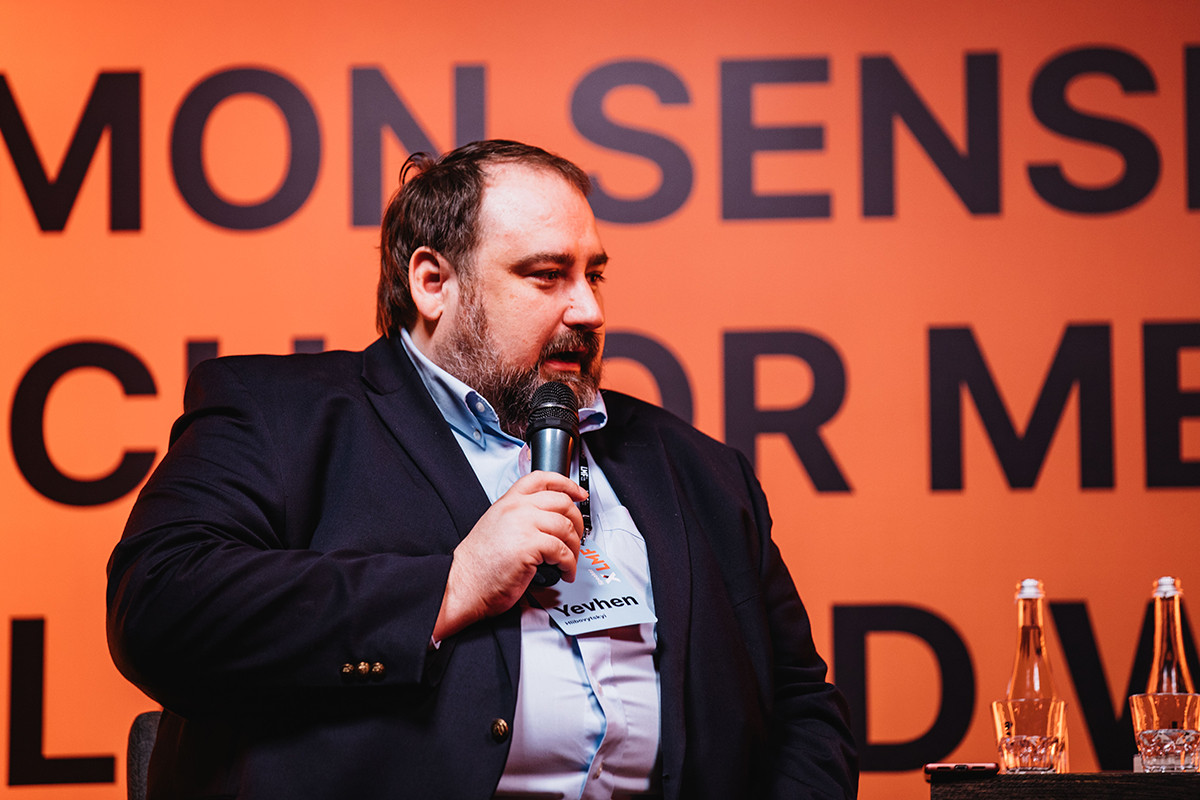
Timothy Garton Ash said everybody now knows and respects Ukraine as a European nation. No one is under any illusion that it's part of Russia or the Russian Empire. But, of course, we've still got to win the war. Winning that recognition is not in itself enough, he said.
"The West must accept that Ukraine has the right to strike targets in Russia," Garton Ash believes, “You can’t win fighting with one hand tied behind your back. that’s where we need to concentrate our attention.”
During the discussion, Hlibovytsky said that in recent years, he has been laughed at many times whenever he starts talking about the possible collapse of Russia. Among analysts, policymakers, and politicians, the denial that this can happen is very similar to the denial that the Soviet Union might collapse in 1989, 1990, and 1991. If we don't prepare ourselves for this, we're really going to have a big mess, Yevhen thinks.
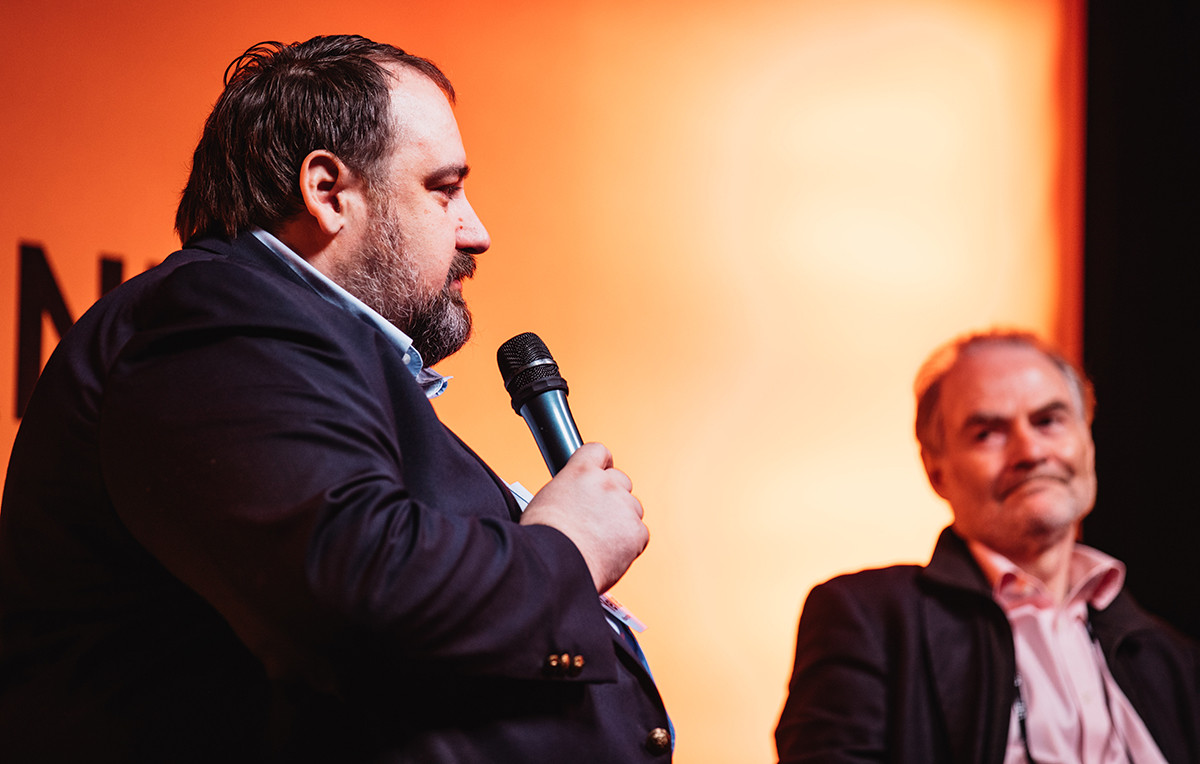
Timothy Garton Ash said he wouldn't count on it, but we have to get across that regimes like Putin's are very strong but also very brittle. They don't bend. Democracies bend.
According to Ash, people in the West have a curious notion that Russia is invincible and cannot be defeated. In this context, the historian mentions the Crimean War, the Russo-Japanese War, the Afghanistan invasion, and the Cold War in which Russia lost. Even in World War II, Ukrainians and the military of other nations that were part of the Soviet Union made a major contribution to the victory, not Russia itself. Therefore, Russia can lose, and it is quite possible.
In Ash's opinion, it is crucial to convey to the West, whose slogan after 1945 was "Never Again," how many Ukrainian defenders died in this war and how many graves appear in cemeteries. Moral, historical, and legal arguments are very important. So are arguments about the security of Europe itself. After all, Putin will not stop at Ukraine if he gets it.
The third argument is about the rest of the world. One big difference between this new period and all earlier periods is that the rest of the world is stronger now. China, India, Turkey, Brazil, South Africa. Putin was in Beijing recently. That is why the Russian economy is surviving so well. In the eyes of the rest of the world, says Timothy Garton Ash, this is not a war between Russia and Ukraine. This is a war between Russia and the West. The message we have to get across to the West is that this war is also about the credibility of the West.
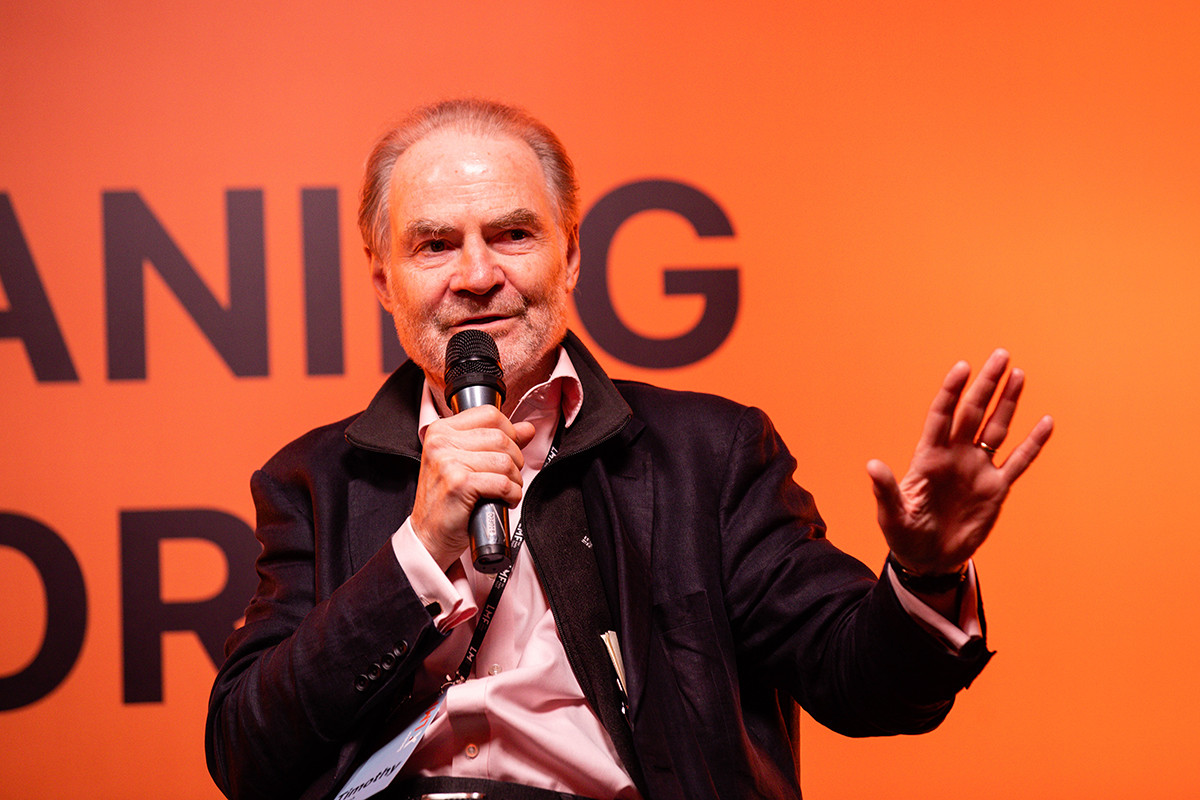
Yevhen Hlibovytskyi also mentioned the issue of Ukraine's accession to the EU. At this stage, Ukraine's negotiating power is weak because we are at war and dependent on our European partners. Is there a risk that Ukraine will remain a child who is not loved?
Joining the European Union is an unpleasant process for any country. It is very tough. You have a brilliant ambassador of the European Union to Ukraine in Kyiv, Katarina Mathernová, who is Slovak. She knows this process from both sides. It's always difficult, but it's definitely not the biggest problem for Ukraine right now, Timothy Garton Ash believes.
Speaking about Volodymyr Zelenskyy, Garton Ash notes that his popularity abroad is higher than in Ukraine. The historian quotes William Blake as a warning Ash hopes won't materialize: “The strongest poison ever known came from Caesar’s laurel crown.”
Answering a question from the audience about why the UK was the first to sign a strategic partnership agreement with Ukraine, Timothy Garton Ash said the following:
“The fundamental answer is Churchill in 1949. It's just absolutely instinctive to us that the country that has been bullied by the new Hitler does a good fight, and we need to get into that fight.”
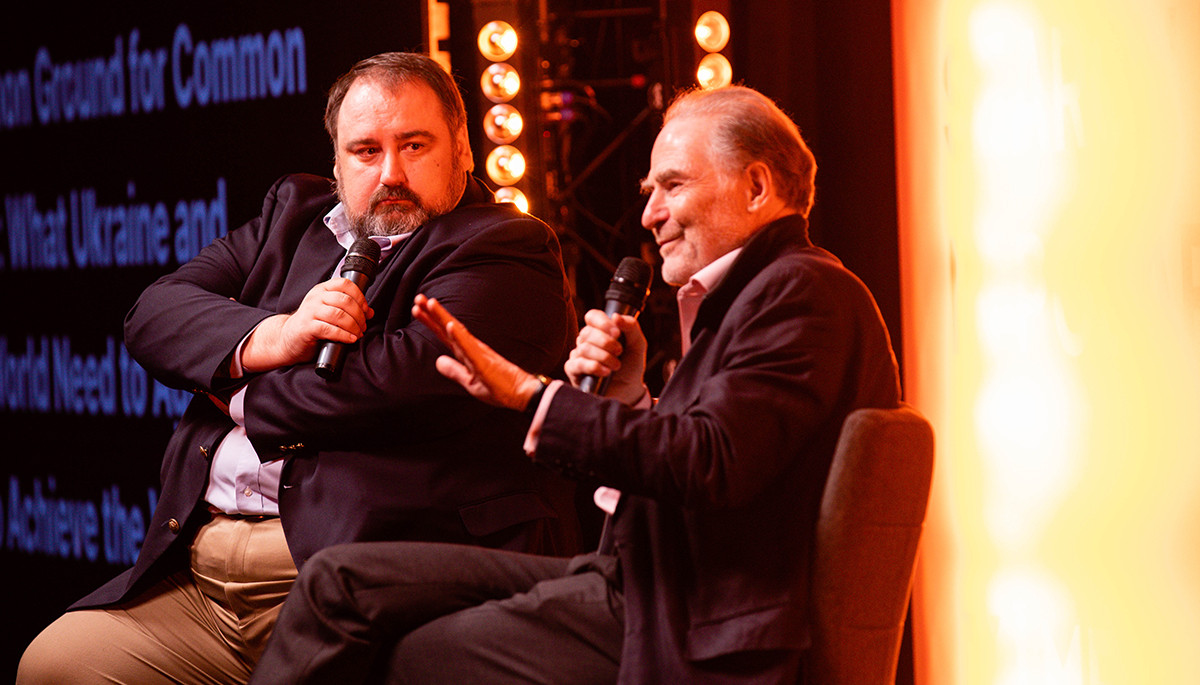
During a meeting in Florida, British Foreign Secretary David Cameron and former US President Donald Trump discussed the possibility of a peace agreement between Ukraine and Russia. Yevhen Hlibovytsky asked Timothy Garton Ash whether this could become a reality if Trump wins the election.
“There's an absolutely huge risk, and I would say that Putin is betting on it. Putin is waiting for the 5th of November. He's waiting for a Trump victory. I was talking to several people in Kyiv, ministers in Kyiv. I think people are trying to reassure themselves a bit too much here by pointing to Trump's first term because, in Trump's first term, of course, he was the first guy to send lethal weapons to Ukraine, the Javelins.
The Trump second term is going to be very different. He's going to be more unpredictable and isolationist, and the people around him are going to be more focused on China. So I think you have to, we all have to be extremely worried about that moment, which is why Europe has to be doing more right now already,” Garton Ash believes.
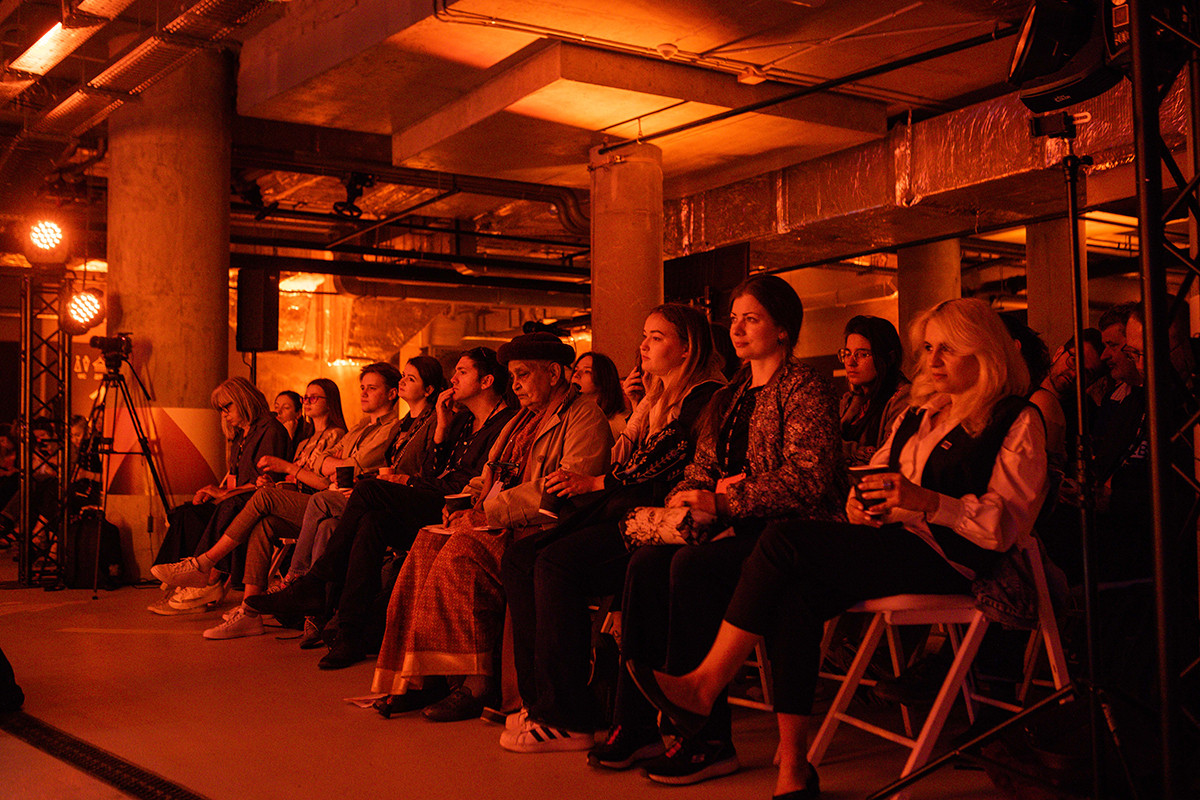
Timothy Garton Ash defines the most dangerous argument against Ukraine's support in the West:
“It's not going well. We've given a lot. It's been going on for more than two years. There's Gaza going on. We have a lot of other problems. We need to redefine victory. And we need to get to a quote-unquote peace, roughly on the lines of the current territorial division. And then Ukraine will be like West Germany in the Cold War. And you'll be a secure, prosperous European democracy. And there'll be East Ukraine, like East Germany over there. And then, some decades down the road, things will change, and you'll be reunited.”
According to the historian, this is a complete illusion: “It's worse than North Korea because North Korea is at least still Korea. East Germany was still Germany. You all know what's happening in the occupied territories: terror, Russification, and systematic Russification. So it's a complete illusion to think that East Ukraine would be like East Germany.”
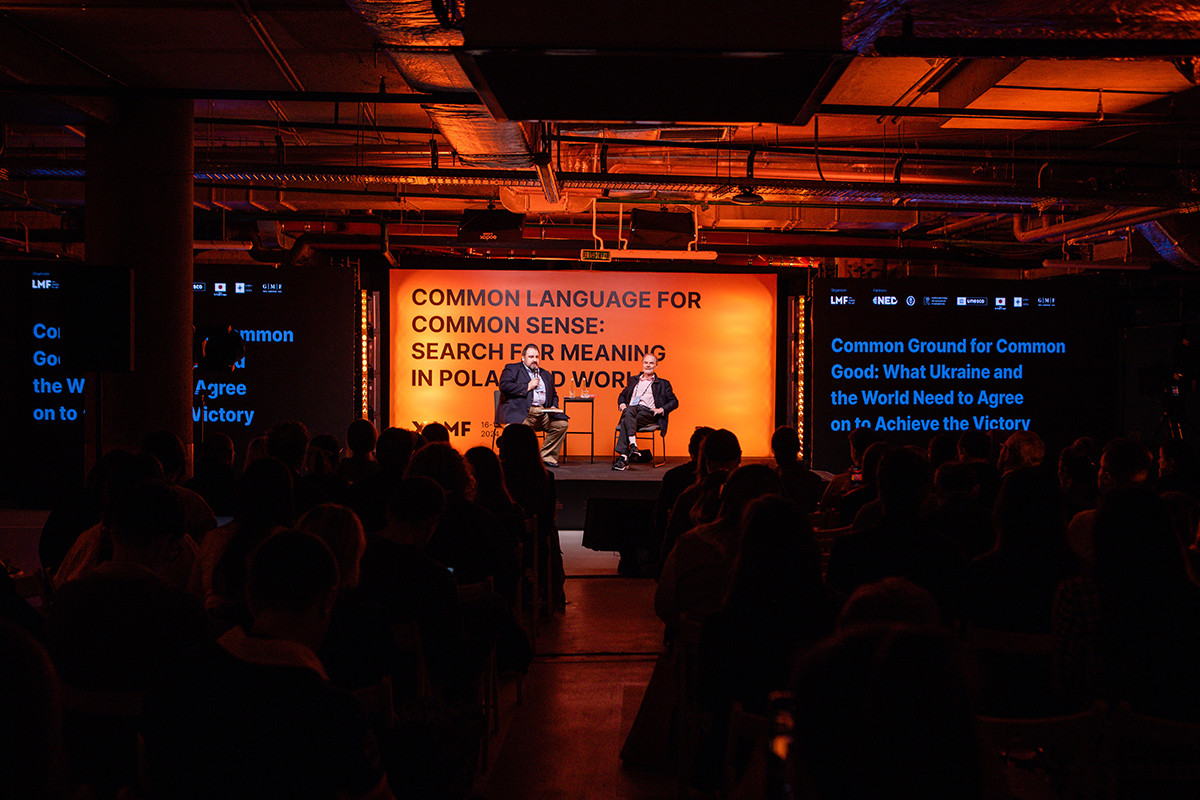
Speaking of banning certain propaganda media, Timothy Garton Ash said we have to fight back with arguments, good media, and good reporting rather than trying to ban them all. However, social networks play a major role in the spread of Russian misinformation. So he thinks that the big platforms, “the Facebooks, Googles, and Twitters,” really have a responsibility to impose some standards on social media.

